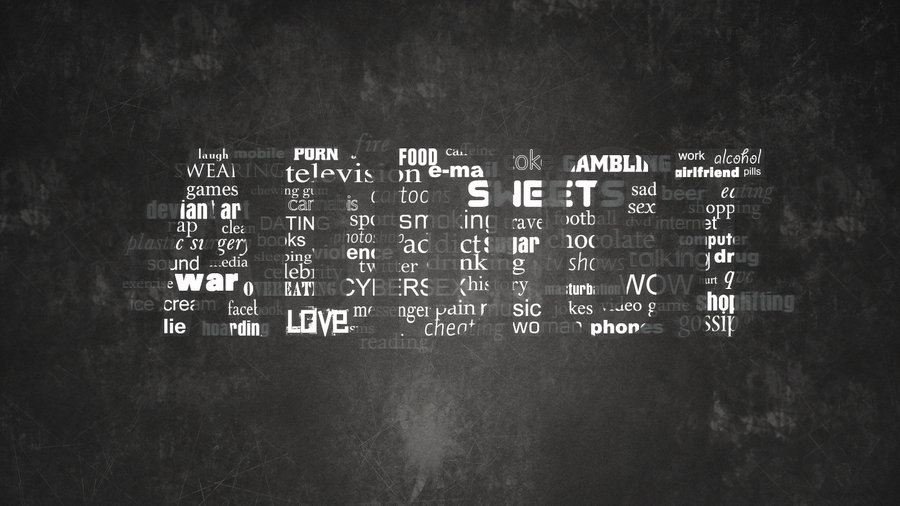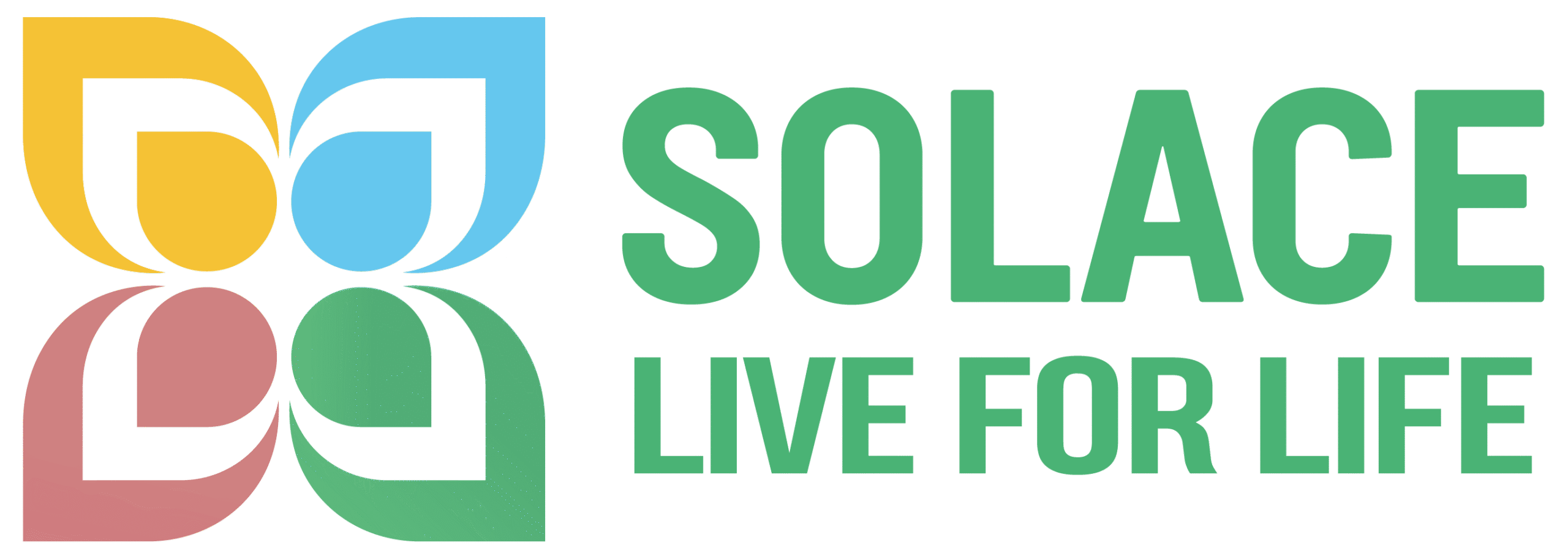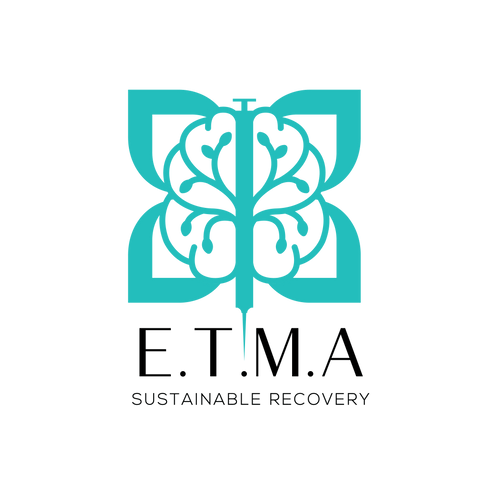Am I An Addict? – Definition, Causes, Symptoms

What Is Addiction?
Addiction is a condition where a person can’t stop or has a strong and often uncontrollable urge to engage in a particular behavior, such as using a substance (like drugs or alcohol) or engaging in an activity (such as gambling, gaming, or shopping), despite knowing the negative consequences it may bring.
Addiction can affect various aspects of a person’s life, including their physical health, mental well-being, relationships, work or school performance, and overall quality of life. It often involves changes in the brain’s structure and function, particularly in areas related to motivation, reward, decision-making, and self-control.
Cause Of Addiction
Addiction can be caused by a combination of factors including genetic predisposition, environmental influences, psychological factors, and the effects of the addictive substance or activity itself. These factors interact in complex ways, leading to the development of addictive behaviors.
Symptoms of Addiction – Am I An Addict?
Symptoms of addiction can vary depending on the substance or behavior involved, but common signs may include:
Cravings or strong urges:
Feeling a strong desire to use the substance or engage in the behavior. It’s like really wanting something, even if you know you shouldn’t have it.
Difficulty controlling or stopping:
Finding it hard to say no or cut back on using the substance or behavior. It’s like trying to stop eating your favorite food even though you know you’ve had enough.
Withdrawal symptoms:
Feeling sick or uncomfortable when you try to stop using the substance or behavior. It’s like feeling unwell when you haven’t had your morning coffee or when you haven’t played your favorite game.
Tolerance:
Needing more of the substance or behavior to feel the same effect as before. It’s like needing to add more sugar to your tea to get the same sweet taste.
Spending a lot of time:
Using or thinking about using the substance or engaging in the behavior takes up a big part of your day. It’s like spending most of your free time on your phone or thinking about when you can drink your next soda.
Neglecting responsibilities:
Not doing important things like work, school, or chores because of using the substance or behavior. It’s like skipping homework or not going to work because you’re too busy playing video games.
Continued use despite problems:
Using the substance or engaging in the behavior even though it’s causing issues in your life. It’s like still eating junk food even though it’s making you feel sick.
Relationship difficulties:
Having problems with friends, family, or others because of your substance use or behavior. It’s like arguing with your friends because you always want to play video games instead of spending time with them.
Engaging in risky behavior:
Doing dangerous things to get the substance or engage in the behavior. It’s like sneaking out at night to buy alcohol even though you know it’s not safe.
Hiding or lying:
Keeping your substance use or behavior a secret or lying about it. It’s like telling your parents you’re going to a friend’s house when you’re actually going to drink alcohol with other friends.
Blaming:
For individuals caught in active addiction or entrenched in personal flaws, assigning blame becomes effortless. The fault is consistently attributed to external factors, rarely acknowledging personal responsibility for one’s own issues. Only by accepting and taking ownership of these flaws can the grip of negativity start to fade, paving the way for the restoration of sanity.
Depression:
Addicts without a structured recovery plan often experience depression, whether they’re actively using substances or attempting to maintain sobriety through sheer willpower. This depression stems from living under the influence of addiction’s terms or struggling to maintain sobriety without addressing underlying issues. Both paths are fraught with pain, highlighting the crucial need for a structured program to support ongoing recovery efforts.
Life In Solace Asia
At Solace Asia, we don’t just tackle substance use; we address the underlying addiction as a chronic disease. Our approach involves challenging addictive patterns and beliefs, guiding clients toward a life free from addiction’s grip. Through behavioral change, we believe our clients can lead reformed lives, making abstinence easier and fostering compassion for others. Our commitment to each individual is encapsulated in the promise: “We will love you till you learn to love yourself,” as we believe compassion and self-love are vital for lifelong recovery.

